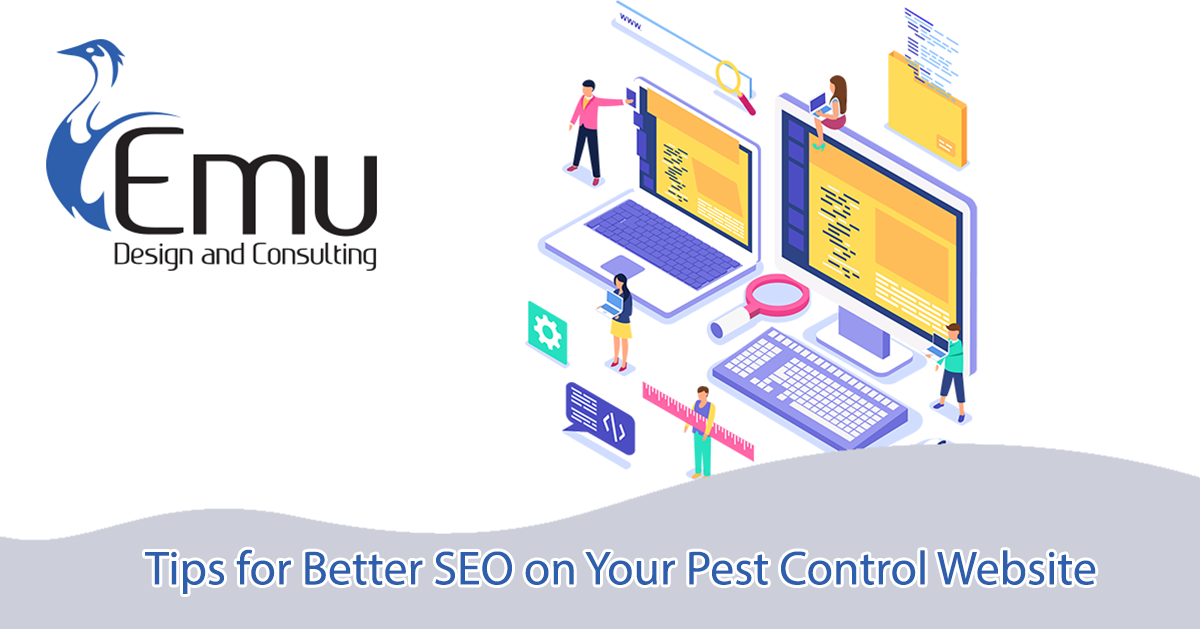Tips for Better SEO on Your Pest Control Website
Pest control is a competitive field. You don’t need us to tell you that – Local businesses are constantly on the hunt for ways to boost their search rankings. After all, a higher rank on a search engine means more potential customers will see your website. Chances are, you’re also looking for a way to do that. But, if you’ve never dabbled in web mastering or running a website, you might not know what it means to rank. This is the right article if you’ve never heard the term SEO or CTR. We’ll give you a rundown of what it means to perform SEO for your website… And yes, it helps you drive more clicks to your pest control business website.
What is SEO?
SEO is an acronym for a field of marketing called Search Engine Optimization. Search engines – Websites and services like Bing and Google – Sort their results based on a ranking. The higher your ranking, the closer to the top of the results your site will be. Why are rankings a big deal? Because nearly 90% of people who need a pest control expert turn to the internet. In order to boost your rank, you need effective SEO.
What effective SEO looks like can change from month to month and service to service. Google and other large search networks use constantly changing algorithms to determine rankings. Some things will never change, though. These are some of the things your pest control website needs:
• Page optimization
• A trusted domain host
• On-page optimizations
• Off-site links to pages on your site
In such a short form, it might not be clear what you need to do to have good SEO. In the rest of the article, we’d like to review these sections and how they benefit your website.
How Do You Optimize A Pest Control Website?
To optimize your website, one of the first things you should do is assign keywords to every page on your site. It would be best if you also optimized meta tags and descriptions, so your website is easy to understand on Search Engine Results Pages (SERPs). Optimization also means that your site loads quickly and responds to input fast. This should be true on both mobile and desktop pages.
Your website’s images also need to be optimized. This means more than just reducing file size while maintaining quality. Optimizing an image for SEO requires a clear description and ALT tags. ALT tags make sure your images can be seen on SERPs.
What is a Trusted Domain Host?
A good domain registrar – The people who handle your domain name services – It is important to have a good website. The host domain should be an established, trusted service. Fly-by-night, cheap, or even foreign services might have tempting price tags… But because these domain hosts are prone to abuse, they suffer in rankings. Be sure to register your domain through established providers.
What are On-Page Optimizations?
These, like the name suggests, are optimizations to the pages themselves. Easy-clicked links, easy-to-read URLs, and a clean structure go a long way. Hiding important pages deep in obscure website sections isn’t a good idea. You can also reduce HTTP requests, combine images to reduce total file loads, and more. Page speed is one of the most important ranking factors for Google. Of course, part of optimizing your website is having regular new content.
Articles, new images, updates to your services, and so on all refresh a search engine’s “interest” in your site. By staying current, you stay competitive. Imagine the blow to customer confidence when your last posting was in 2010! You need to make it clear the “lights are still on.”
What are Off-Site Links?
In general, there are two types of links that lead to websites. There are internal links – IE, links on your website that lead to other pages. There are also external links, also called backlinks. These are links to other websites that link back to yours. Focus on networking and reaching out to other websites in your field in good faith. This helps establish credibility; the more high-ranking sites link to yours, the better your site will rank. You can write testimonials to encourage others to do the same, engage on social media, and more.
The Last Word on Better SEO
Maintaining good SEO is essential to running a thriving pest control business these days. The competition is bound to have a head start if you’re just starting. If it sounds like a lot of work, that’s because it is. The results show how much it pays off, though. At Emu Marketing, we understand that your profession is pest control, not internet logistics. So get in touch today and let us do the heavy lifting online. We’ll drive up traffic and keep your website optimized and up to date.

